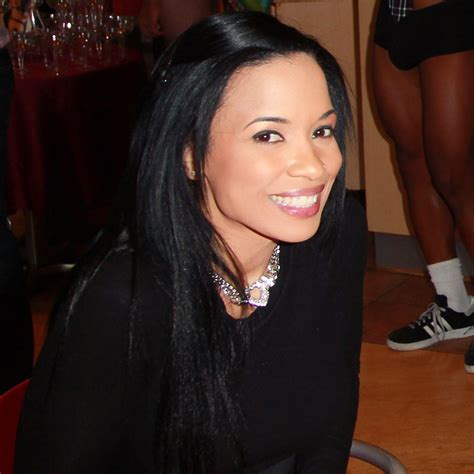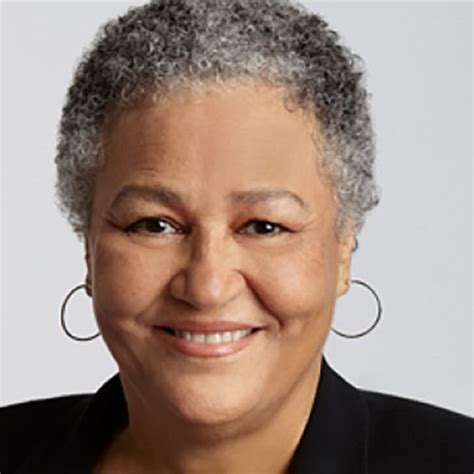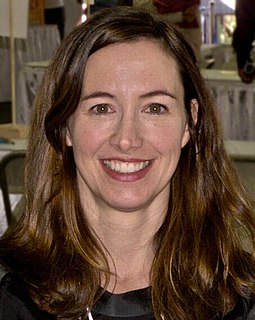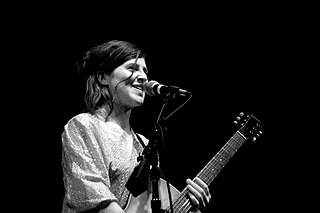A Quote by Vivek Murthy
Drug addiction is an incredibly difficult challenge to manage on one's own. When I think of all the stories I've heard from people, the common denominator is that they all were ultimately able to find somebody who was willing to support them. Maybe it was someone they knew, like a parent or a sibling or a friend; other times it was a treatment center with a compassionate staff who didn't give up on them. That made all the difference.
Quote Topics
Able
Addiction
All The Difference
Center
Challenge
Common
Common Denominator
Compassionate
Denominator
Difference
Difficult
Drug
Drug Addict
Drug Addiction
Find
Friend
Give
Heard
Incredibly
Knew
Like
Made
Manage
Maybe
Other
Own
Parent
People
Sibling
Somebody
Someone
Staff
Stories
Support
Them
Think
Times
Treatment
Ultimately
Up
Were
Willing
Related Quotes
Right now we have millions of people in our country who are suffering in isolation, thinking that they are the only ones who are dealing with drug addiction, who don't realize that on their own block there are other people and families. They think they're alone and they think they're going to be judged and they don't want to talk about it. But when people do come forward and share their stories it's incredibly liberating, and it gives other people permission to tell their stories too.
I think the scariest addiction on this planet is to alcohol. Because alcohol is a very addictive drug, and it ruins families, it ruins relationships. And it is socially acceptable, and it is easy to find. Controlled substances, other drugs are more difficult to get, and it's a crime to... to buy them. But alcohol is everywhere. And if you are unfortunate enough to become addicted to it, it can be disastrous. And there is still a stigma attached to alcohol addiction, or addiction in general. It is perceived as... an addict is perceived as somebody of weak moral fiber
By characterizing the use of illegal drugs as quasi-legal, state-sanctioned, Saturday afternoon fun, legalizers destabilize the societal norm that drug use is dangerous. They undercut the goals of stopping the initiation of drug use to prevent addiction.... Children entering drug abuse treatment routinely report that they heard that 'pot is medicine' and, therefore, believed it to be good for them.
The civil-rights movement was completely impossible to achieve. But look at what ordinary people were able to do because they were willing to sacrifice their lives to stay with it. They didn't expect a political process to respond to them. They made the political process respond to them. To say "It's so bad I won't bother" is to give up on your children and give up on your future.
A lot of people manage to find common ground and not let disagreements or tensions build up and destroy them, and other people break up or get divorced. I don't think anything is ever going to change that situation. You simply try to find an accommodation and an understanding with another person and work from there.
When you are organizing a group of people, the first thing that we do is we talk about the history of what other people have been able to accomplish - people that look like them, workers like them, ordinary people, working people - and we give them the list: these are people like yourself; this is what they were able to do in their community.
The opposite of addiction is human connection. And I think that has massive implications for the war on drugs. The treatment of drug addicts almost everywhere in the world is much closer to Tent City than it is to anything in Portugal. Our laws are built around the belief that drug addicts need to be punished to stop them. But if pain and trauma and isolation cause addiction, then inflicting more pain and trauma and isolation is not going to solve that addiction. It's actually going to deepen it.
I think my first general rule is that most of my experiences are not that interesting. It's usually other people's experiences. It's not that entirely conscious. Somebody tells me a story or, you know, repeats an anecdote that somebody else told them and I just feel like I have to write it down so I don't forget - that means for me, something made it fiction-worthy. Interesting things never happen to me, so maybe two or three times when they do, I have to use them, so I write them down.
We humans, once we have become emotionally invested in a homeplace, a prized personal possession, or, especially, in another person, find it immensely difficult to give them up....Because they were made at a time of life when we were utterly dependent on them, the love attachments of infancy have inordinate power over us, more than any other emotional investment.
The center for me is my heart, actually, and my emotional connection with the work. That's where authenticity comes from. It's also the first thing that hits me about other people's work, or watching other people perform, "Do I believe the person?" Even if I don't like what someone is doing or if I don't like the sound, if I believe them, I do like them. I am able to appreciate them as an artist.
It's always interesting to watch people who have been incredibly successful in their own businesses work in a group made up of equally strong personalities. It takes a special kind of leader who can effectively manage a team of veritable strangers and find the best way to get strong, winning performances from them.



































